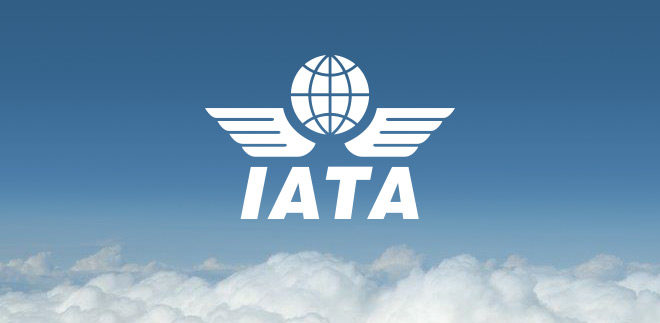International Airline Group Opens Office in Panama

One of the leading global associations for the airline industry has opened an office in Panama, noting that “Panama City has developed into one of the most important aviation hubs in Latin America.”
The International Air Transport Association (IATA) is “the trade association for the world’s airlines, representing some 265 airlines or 83 percent of total air traffic,” according to the group’s Web site. IATA is considered one of the primary trade groups for the travel industry, compiling data and advocating on industry issues.
In announcing the new Panama office, IATA characterized Panama as “a model of air transport excellence.” The “economic footprint” of aviation is $5.1 billion “or 12.6% of the country’s GDP if the indirect benefits from tourism are included,” IATA reports. That impact on the local economy is more than three times the global average for aviation, the association says.
According to IATA’s data, which is the industry standard, passenger growth in Panama is expected to increase 8.5 percent a year between 2015 and 2020, “one of the highest growth rates in the Americas.”
“The connectivity that [the air industry] generates supports the country’s strong GDP growth and spreads economic and social benefits across Central America,” said Peter Cerda, IATA’s regional vice president for the Americas.
In many ways, IATA is endorsing Panama as the official transportation center of the region. The dramatic expansion of Copa Airlines and growth of Tocumen International airport have connected Panama to all parts of the world, making it easier than ever to travel to Latin America.
The Panama office will be “the focal point for IATA’s interactions with key aviation stakeholders in seven Central American countries: Belize, Costa Rica, El Salvador, Guatemala, Honduras, Nicaragua and Panama,” IATA announced. It will be supported by “the full resources of IATA’s Americas Regional Office in Miami.”
This fits with IATA’s strategy of establishing strong regional outposts. A “guiding concept” of IATA’s structure is “Global Development, Regional Delivery, where the head office divisions drive the development of global standards, systems and advocacy positions, while the regional and country offices are responsible for implementation,” according to IATA’s Web site.
“By establishing an area office in Panama City, we will provide even easier access to IATA’s expertise and unique global perspective across Central America,” said David Hernandez, IATA’s area manager for Central America, in the written statement.

